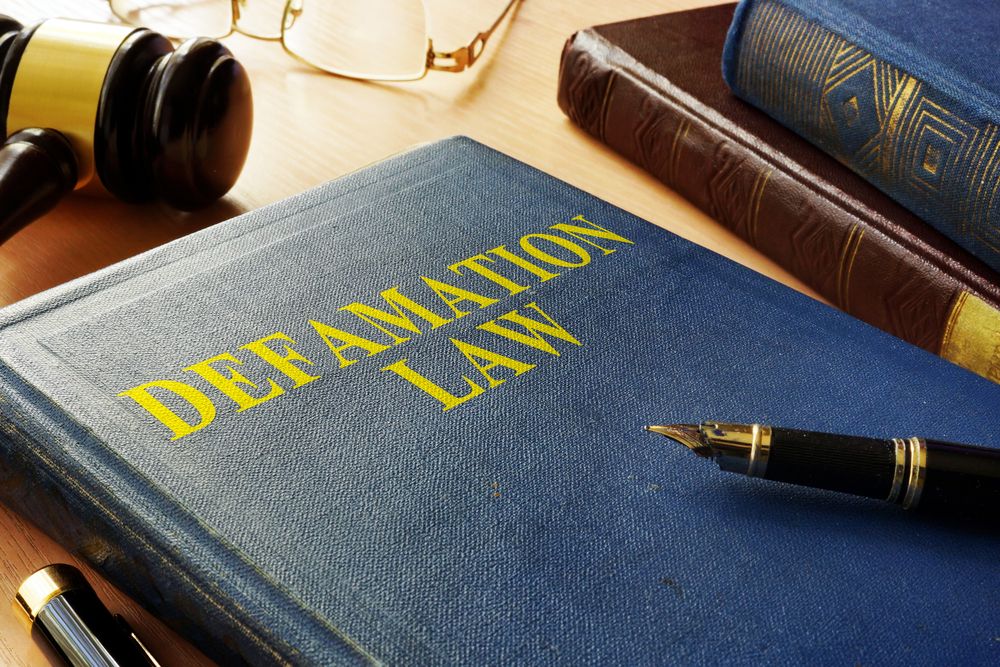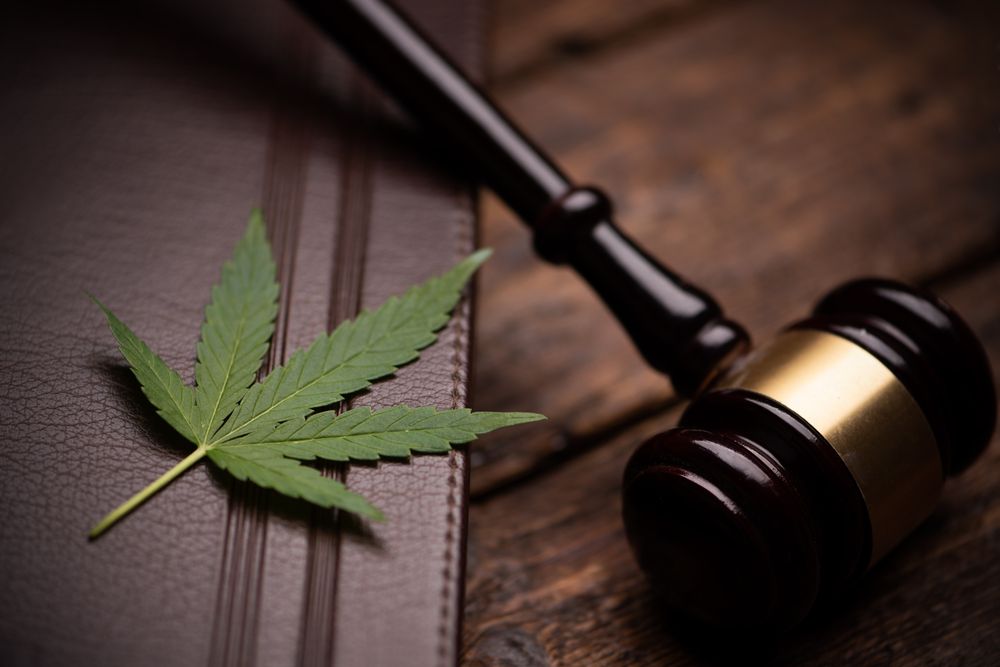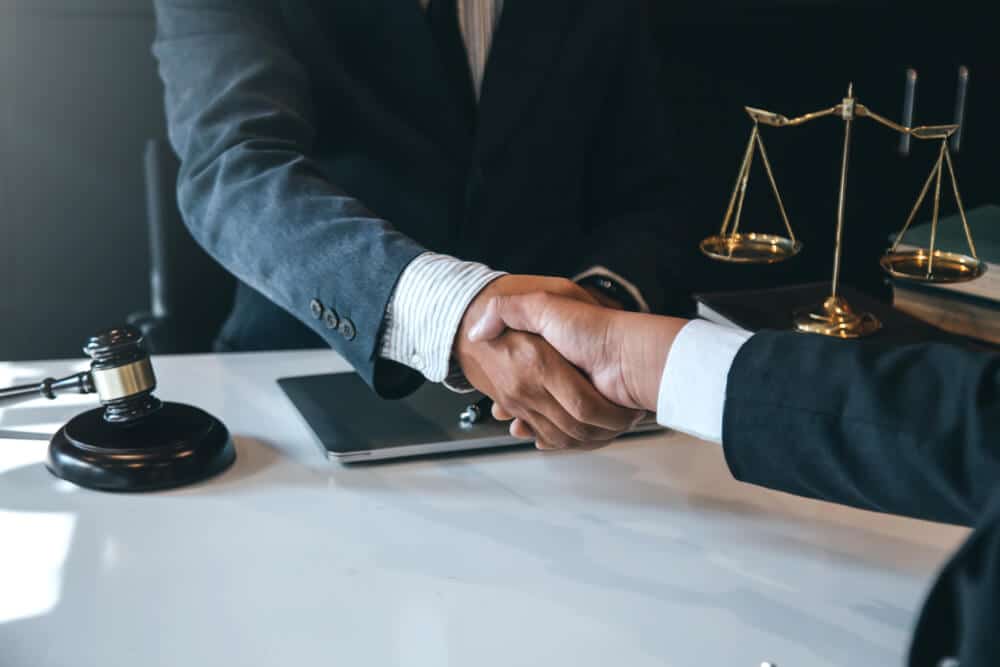How to Deal with Defamation and Libel in the Entertainment Industry
Did you know?
In 2001, Tom Cruise filed a $100 million defamation lawsuit against Chad Slater, an adult film actor who claimed in a French magazine that he had had an affair with Cruise. Cruise denied the allegations and Slater later admitted that his story was false. In 2003, a Los Angeles judge ruled in favor of Cruise and awarded him $10 million in damages.
Defamation and libel are serious issues that can impact the reputations and careers of individuals in the entertainment industry. With the rise of social media and online communication, the potential for defamation and libel has increased. In this post, we’ll take a closer look at how to deal with defamation and libel in the entertainment industry.
Table of Contents
ToggleWhat is defamation and libel?
Defamation is a false statement that is communicated to a third party and that causes harm to a person’s reputation. Libel is a type of defamation that is communicated in writing, such as through social media, articles, or other written publications.
Understand the Elements of Defamation and Libel
To successfully bring a defamation or libel claim, a person must prove that the statement was false, that it was communicated to a third party, and that it caused harm to their reputation. It is important to note that truth is a defense to defamation and libel claims. Additionally, public figures have a higher burden of proof to meet in order to bring a defamation or libel claim.
Responding to Defamation and Libel
If you have been the victim of defamation or libel, it is important to respond in a timely and strategic manner. This may include taking legal action to protect your reputation and seek damages. It may also include responding publicly to the false statements and setting the record straight.
Secure Your Mark in the World with ChaseLawyers:
In the bustling marketplaces of Miami and New York, let our expert trademark attorneys be your guide. We protect your unique brand identity with precision and passion. Elevate your trademark journey with us and carve a niche that’s distinctly yours.
Legal Remedies for Defamation and Libel
There are a number of legal remedies available for individuals who have been the victim of defamation or libel. These may include monetary damages, injunctions to prevent further dissemination of false information, and court-ordered retractions or corrections. Working with an experienced entertainment attorney can help you determine the best course of action for your specific situation.
Protecting Yourself from Defamation and Libel
Prevention is key when it comes to protecting yourself from defamation and libel. This may include monitoring your online presence, being mindful of what you post on social media, and avoiding making false or misleading statements about others. It is also important to have a plan in place for responding to any false statements that may arise.
In conclusion, defamation and libel are serious issues in the entertainment industry. By understanding the elements of these claims, responding strategically to false statements, and working with an experienced entertainment attorney, you can protect your reputation and seek legal remedies if necessary. Remember to take proactive steps to protect yourself and be mindful of what you say and do in the public sphere.
Summary
- Defamation and libel are significant concerns in the entertainment industry, especially with the rise of social media and online platforms.
- Defamation involves false statements harming someone’s reputation, while libel refers to defamation in written form, like social media posts or articles.
- To successfully claim defamation or libel, one must prove the statement was false, communicated to a third party, and caused reputational harm. Truth is a defense against such claims, and public figures face a higher burden of proof.
- Timely and strategic responses are crucial for victims of defamation or libel, which may include legal action for reputation protection and damages, as well as public responses to correct false statements.
- Legal remedies include monetary damages, injunctions to prevent further false information dissemination, and court-ordered retractions or corrections. Consulting an experienced entertainment attorney is advisable.
- Preventative measures are key to avoiding defamation and libel, such as monitoring online presence, cautious social media posting, and refraining from making false statements about others. Having a response plan for potential false statements is also important.
- Understanding defamation and libel, strategic responses, legal support, and proactive self-protection are essential for handling these issues in the entertainment industry.
- 21 SE First Avenue Suite 700 Miami, FL 33131
- 305-373-7665
- 305-373-7668
- info@chaselawyers.com
- 1345 Avenue of the Americas, 2nd floor, NY, NY 10105
- 212-601-2762
- info@chaselawyers.com
Get a response within 24 hours. We’ll clearly explain how we can support and protect your brand while staying within your budget.



